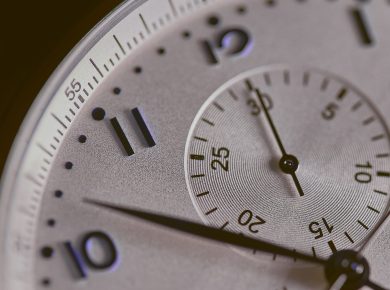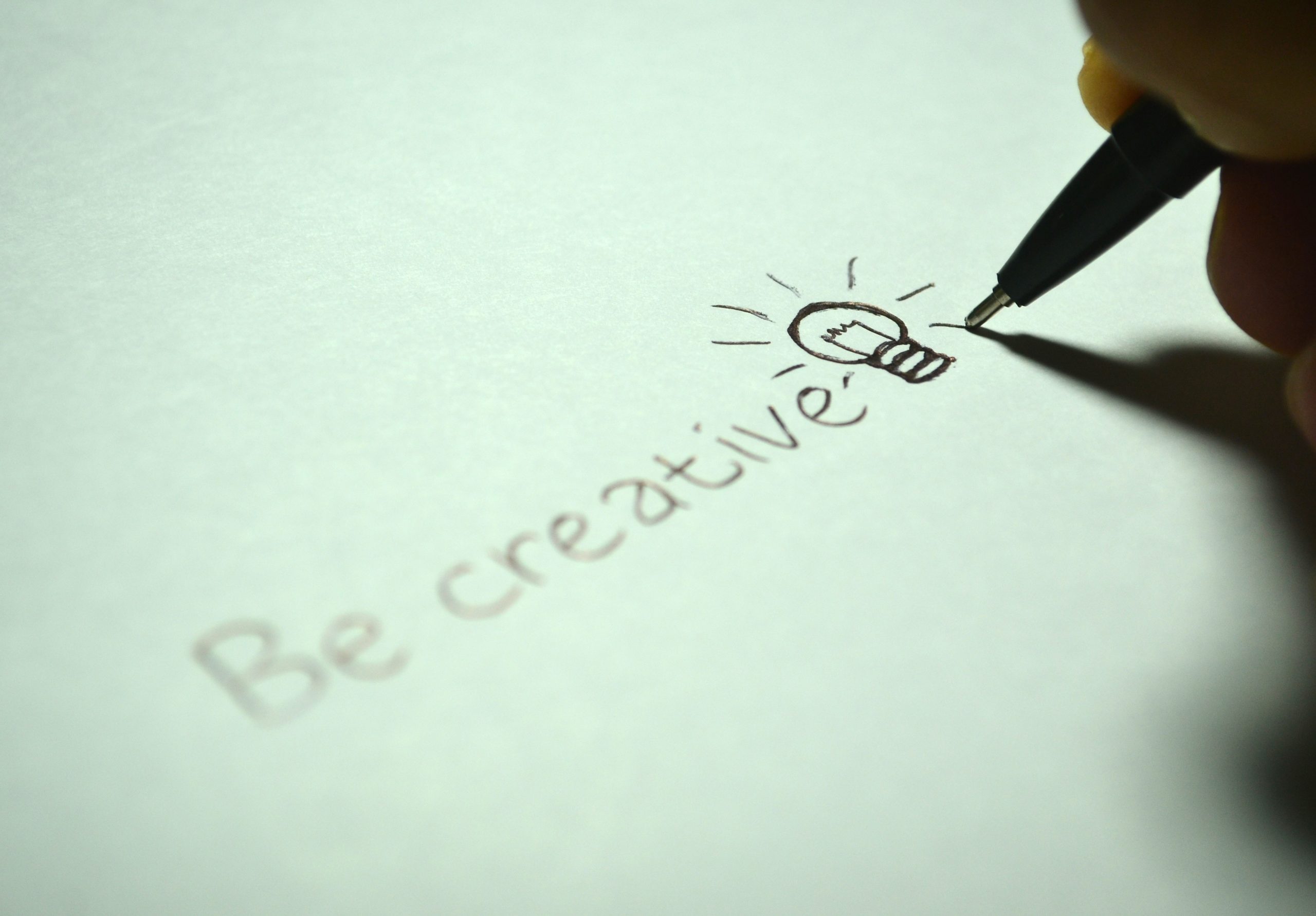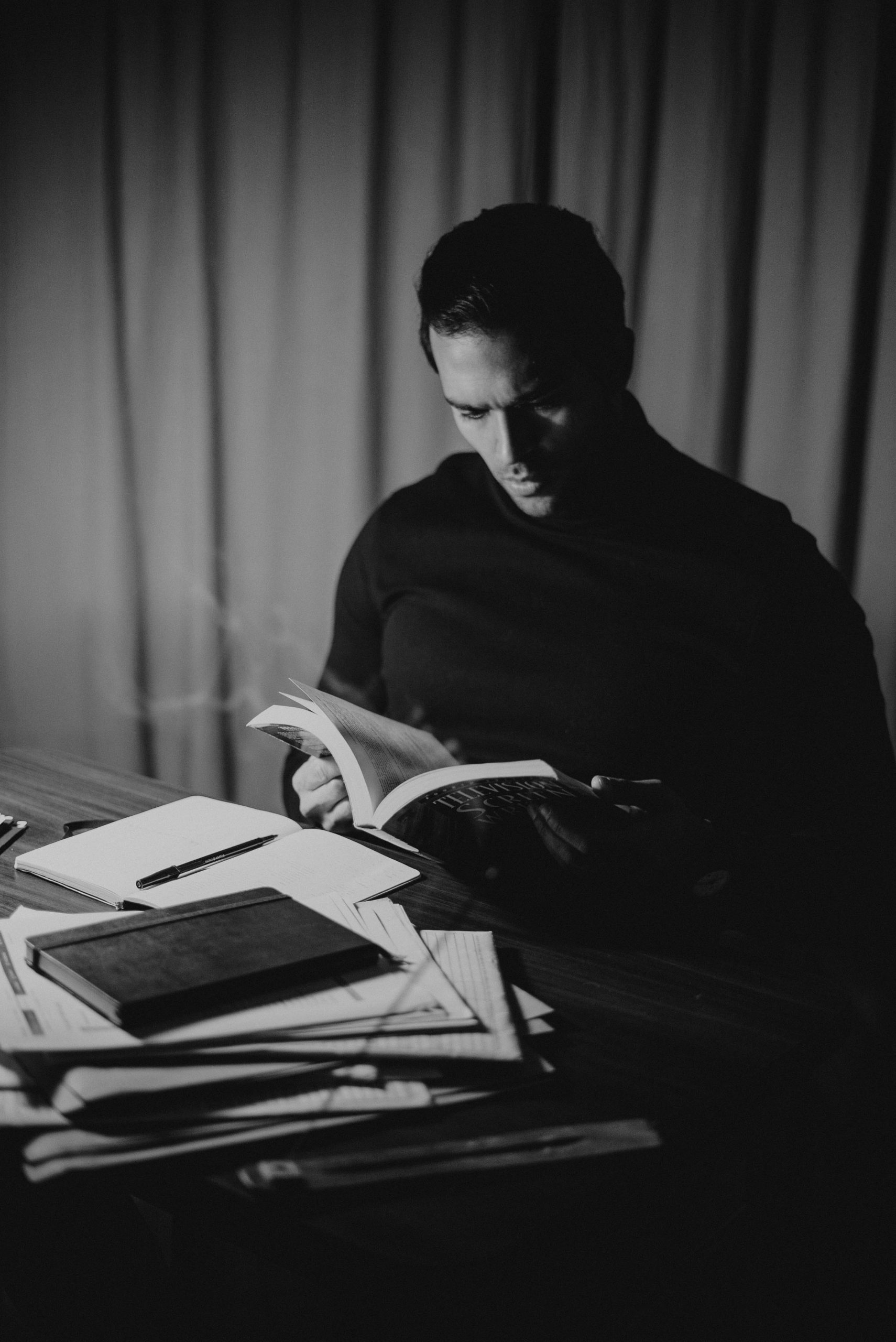The poems are written and published for researchers and readers to do critical analyses of the poems. Also, the readers and lovers of literature will still have lessons to learn from the poems. Read and enjoy them.
Poem 1
Ori
Ori, the god of man
Head
You are to worship
And abandon gods
My head, Ajiki
My Creator, Ajige
Is it not the head that saves?
It is he who provides
It is the head, not the gods
When the head saves
What do gods look at?
Ori, the advocate of man
The solicitor of destiny
The destiny of life
My head, I beg, save me
Do not let me cross the limit!
Poet: Deola Adelakun
Brief of the Poem
Ori is an interpretation of the human physical head of a body system. However, its meaning goes deeper than the physical head in the Yoruba worldview. Ori is a portrayal of human destiny that no human can understand.
The poet sees Ori as the human being himself because the poet believes that without it, no man exists. That is why the poet worships it always. Not only this, the poet emphasises that all the gods should be silent when Ori, the destiny of man, talks. This means that Ori is the father of all gods.
The poet concludes that it is Ori that advocates and solicits for man, not gods. It is the destiny of life. He begs Ori to save him so that he will not trespass.
Theme
The poem has various thematic preoccupations that explain it better. Some of the themes have been discussed below.
The theme of fate/destiny
Yoruba believe that destiny cannot be changed. It stands forever. Even if someone is successful in life, according to the Yoruba’s view, they believe that it is the person’s destiny that helps him or her. But if someone is unsuccessful, the Yorubas believe that it is the failure of his or her destiny.
The theme of the Yoruba’s belief in Ori
The word “Ori”, which means the physical head of a body system, is a Yoruba language word from Nigeria. The surface meaning of “Ori” is the head, while the deeper meaning of “Ori” is the destiny of a man. Yorubas believe that the head of a man (Ori) is more powerful than the gods. Gods should submit to the head of a man. Yorubas also believe that it is “Ori” that helps, not gods.
The theme of the importance of the head
The Yorubas always recognise the importance of “Ori” as the origin of human destiny. They know that without “Ori”, destiny is lost. The poet worships “Ori” with different praises to depict its importance. One of the important things is that “Ori” is the advocate and solicitor of a man.
“Ori” makes a man successful and stands against misfortune. If a man does not trespass, that is not doing what is not against “Ori”, destiny will work for him or her; if a man works against “Ori”, destiny may not work for him.
Language and Poetic Devices
The poet enriches the poem by using language and poetic devices. Some of them have been discussed below.
Stanzas and lines
The stanza has invisible three stanzas and visible 16 lines. The lines explain the climax and the resolution of the poem.
Mood/Tone
The poet feels indifferent about Ori, and he submits that Ori should help him not to trespass.
Diction/Neologism
The poet chooses the Yoruba word, Or i as the title to portray the importance of the human head. Ori is a local vocabulary that depicts a strong destiny of a man.
Figures of speech
The poet uses some figures of speech in the poem, and some of them have been discussed below.
Metaphor
The poet makes use of a metaphor to compare the two objects without the comparative words. Such words are “Ori, the god of man” (line 1), “Ori, the advocate of man” (line 12), and “The solicitor of destiny and destiny of life” (lines 13, 14)
Rhetorical questions
The poet makes use of rhetorical questions, such as “Is it not the head that saves?” (line 7), Where are gods then?”(line 11)
Apostrophe
The poet makes use of apostrophes to address “Ori” as if he were present or he sees it. Such examples of apostrophes are “You are to worship” (line 3), “My head, Ajiki, my creator, Ajige” (lines 5, 6), “My head, I beg, save me” (line 15)
Paradox
The poet makes use of paradox to establish the truth in absurdity. At a surface look and hearing, you may ask, “Why Ori is a god of man”(line 1), “Why Ori saves, provides, an advocate of man and solicitor of destiny:” (lines 7, 8, 12, 13)
Word List and Meanings
Ori: Head
Ajiki, Ajige: The lineage of the head in the Yoruba Language, Part of Nigeria
Advocate/ solicitor: One who pleads the cause of another or defends, vindicates, or espouses any cause by arguments.
Practice Questions
1. Explain how Ori is described in Poe.
2. Comment on the predominant figurative expression used in the poem.
Poem 2
Fate
If you wear a lion’s skin
And armed like soldiers
Destiny is obvious
If you swim in herbal concoctions
And always swallow fetish
Destiny is not influenced
If you design your flesh with incisions
Destiny never changed
If you always vomit fury of fire
Like a god of thunder
Destiny stands
Everybody is destined to exist
Every creator exists to live
Every man lives for destiny
Poet: Deola Adelakun
Brief of the poem
The poem “Fate” points to everyone to take things easy because everyone is fated. Whether we like it or not, destiny cannot be changed. The destiny of a man stands.
The poet gives the message that if you have power and are always armed with weapons, destiny is sure. Upon all our efforts on this earth, whether you are powerful, wealthy, poor, weak, etc, you cannot change destiny or fate.
The poet concludes that everyone is destined to exist, we exist just to live, and we live for destiny. According to the poet, that is why we should surrender our lives to the hands of destiny.
Theme
The poem has various themes for further explanation. Some of them have been discussed below.
The theme of fate
Fate is destiny, and destiny is fate. It is portrayed in the poem that fate controls every human’s life. Anything we are, or we have it by fate. It is believed that fate never changes.
The theme of mystery
Any explanation about destiny is spiritually mysterious. It is spiritual because no one can understand its existence. No one can say how fate works; one will not work and be successful, and one will work tirelessly and still be unsuccessful. Fate is an element that cannot be explained in detail.
The theme of influence
The poem explains that one thing about fate is that no one can influence it. The work of fate/destiny is static. No man can change it, except the God of destiny. No matter what a man can do, except for hard work.
Language and Poetic Devices
The poet enriches the poem by using language and poetic devices. Some of the languages and poetic devices have been discussed below.
Type of Poem
The poem is a sonnet because it has fourteen rhyming lines.
Stanzas and lines
The poem has four stanzas and 14 lines. The first and second stanzas are quatrains, having four lines each. The third and fourth lines are triplets, having three lines each.
Rhymes and rhyming schemes
The poem has a good end correspondence. The first stanza has schemes of “abcd”, the second stanza has “abcd”, the third stanza has “ABC”, and the fourth stanza has “abc”.
Mood/Tone
The poet feels concerned about the work of destiny. Is it partial? The mind of the poet is to give information that fate is unchanged.
Figures of Speech
The poet uses figures of speech in the poem, and some of them have been discussed below.
Simile
The poet makes use of a simile to compare two things with the comparative word “like”. Such words are “And armed like soldiers” (line 2), “Like a god of thunder” (line 10)
Metaphor
The poet makes use of repetition to emphasise his message. Such repetitions are “Destiny” (lines 3, 6, 8, 11, 14)
Word List and Meanings
Herbal concoctions: The mixture of different herbs used to heal ailments and diseases
Incisions: That which is produced by incising; the separation of any substance made by a cutting or pointed instrument; a cut; a gash.
Fetish: A material object among certain African tribes that is used to represent a connection with a supernatural being
Practice questions
1. Deola Adelakun’s ‘Fate’ depicts _______________.
(a) concoctions (b) incisions (c) fate (d) fetish
2. The type of the poem is _______________.
(a) lyric (b) sonnet (c) ballad (d) elegy
3. The poet uses _________ and ____________.
(a) couplet and sestet (b) quatrain and septet (c) triplet and octave (d) couplet and quatrain
4. The figurative use of ‘Armed like soldiers’ is __________________
(a) simile (b) metaphor (c) personification (d) hyperbole
5. The poet concludes his message that destiny is __________________
(a) influenced (b) not influenced (c) partially influenced (d) changed










